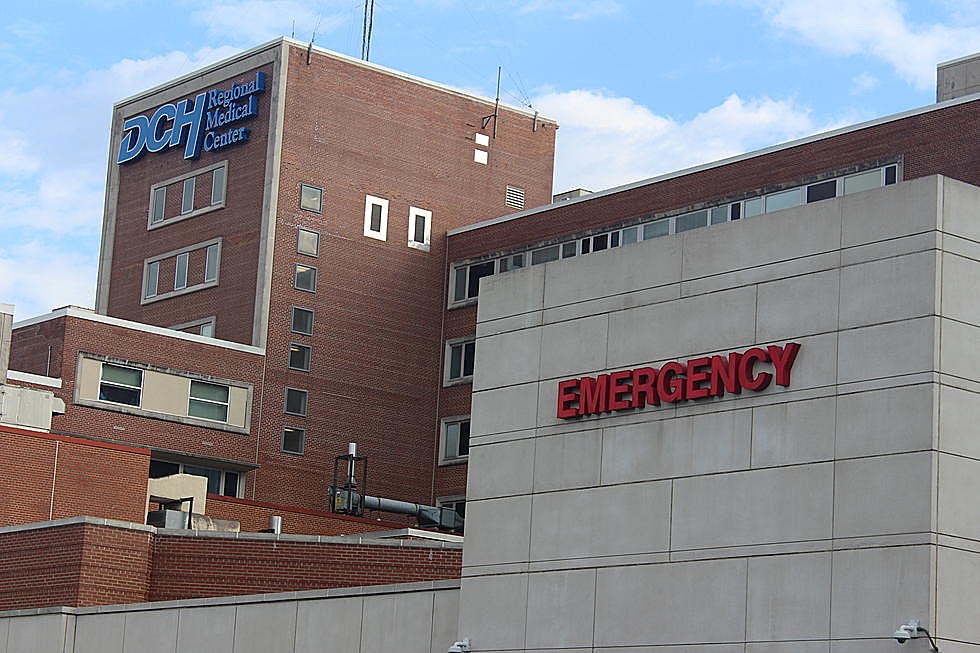
DCH: “Do Not Come to The Emergency Room” if Experiencing Mild COVID Symptoms
DCH Health System is urging those with non-emergency symptoms for COVID-19 to not come to the hospital's emergency room for treatment.
In a statement released Wednesday, the hospital urged people to not come to the emergency room for COVID-19 testing or even for COVID treatment unless they feel the situation is an emergency.

DCH cited significant difficulty breathing as a symptom that would warrant immediate medical attention.
"As you have likely seen, the COVID-19 inpatient numbers at our hospitals have been going back up. Because of this, many people with COVID-19 symptoms have come to the emergency room to be tested and potentially receive care. This has caused the emergency rooms at our hospitals to be extremely busy. These conditions have led to long wait times," the statement read.
Andy North, DCH Health Systems Vice President of Marketing and Communications told The Thread another leading concern for overcrowding is the possibility of infecting other non-COVID patients.
The Emergency Medical Treatment and Labor Act (EMTALA) requires emergency rooms to see any and all patients who come in, so DCH can only ask that people take it upon themselves to stay follow this request.
"We are doing the best we can to prioritize care based on the severity of each patient’s condition and could use the community’s help to self-prioritize prior to coming to the ER," the statement continued.
North said at this time, DCH does not plan on implementing restrictions in other areas, such as elective surgeries, but they are continuing to monitor the situation.
Anyone experiencing mild or non-life threatening COVID symptoms such as a sore throat or stuffy nose is encouraged to either stay home or contact their primary care provider.
Answers to 25 common COVID-19 vaccine questions
2021 in Review: Top Stories from The Tuscaloosa Thread
More From Tuscaloosa Thread









